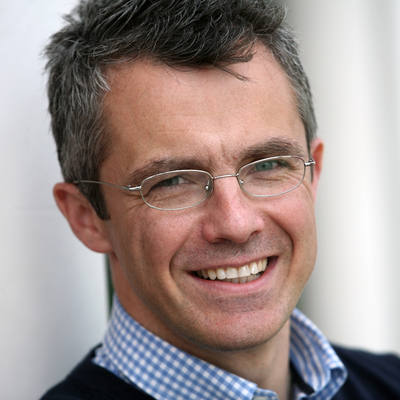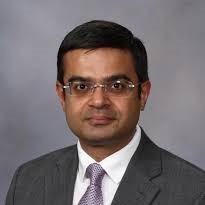Educational content on VJHemOnc is intended for healthcare professionals only. By visiting this website and accessing this information you confirm that you are a healthcare professional.

IBC 2024
Explore expert-led presentations from the 2nd Intercepting Blood Cancers Workshop (IBC) on topics including:
- Lymphoma, chronic lymphocytic leukemia (CLL), monoclonal B-cell lymphocytosis (MBL) and lymphoma
- Multiple myeloma, smoldering myeloma (SMM) and monoclonal gammopathy of unknown significance (MGUS)
- Myelodysplastic syndromes (MDS), clonal hematopoiesis of indeterminate potential (CHIP), acute myeloid leukemia (AML) and clonal cytopenia of undetermined significance (CCUS)
View our roundtable discussions here: Myeloma/SMM/MGUS | CLL/MBL/Lymphoma | MDS/CHIP/AML/CCUS
Plenary Session 1: Early detection and screening – should we screen everyone or people at risk, germline risks?




Plenary Session 2: Risk stratification and biomarkers –
tumor, immune, non-immune marker, germline and clinical biomarkers (part 1)





Plenary Session 3: Risk stratification and biomarkers –
tumor, immune, non-immune marker, germline and clinical biomarkers (part 2)



Plenary session 4: Interception – endpoints of trials, which patient population, diverse populations








Keynote session 4



Multiple Myeloma/SMM/MGUS track












MDS/CHIP/AML/CCUS track














CLL/MBL/Lymphoma track












IBC 2024 was supported by:








